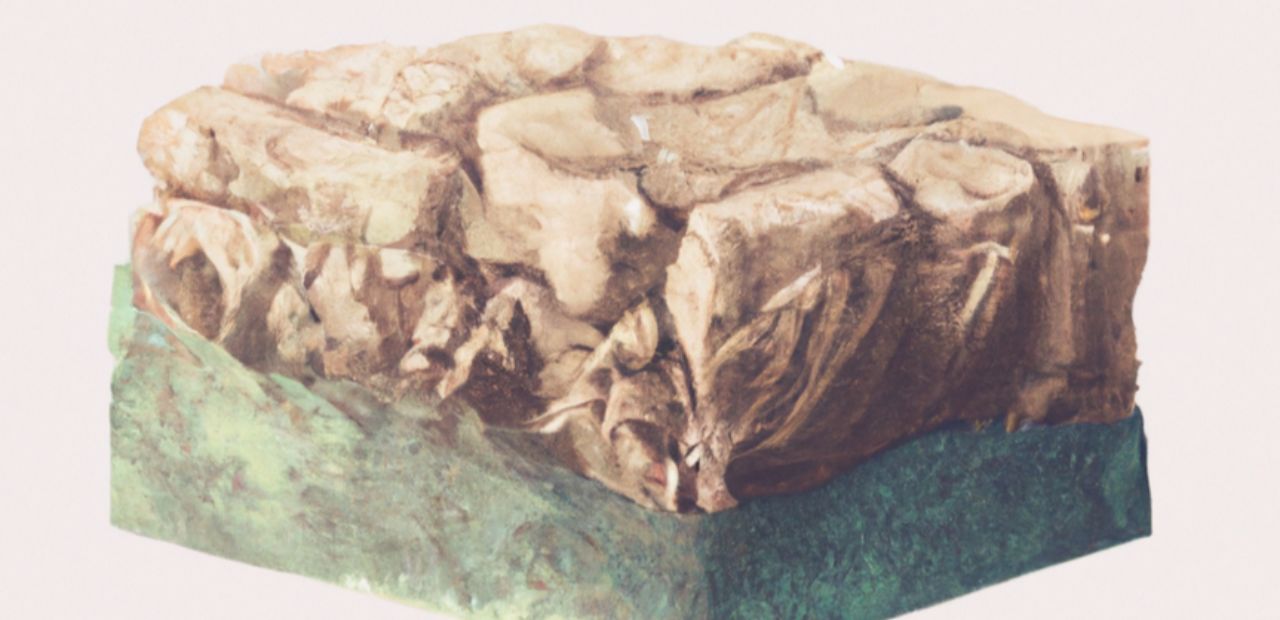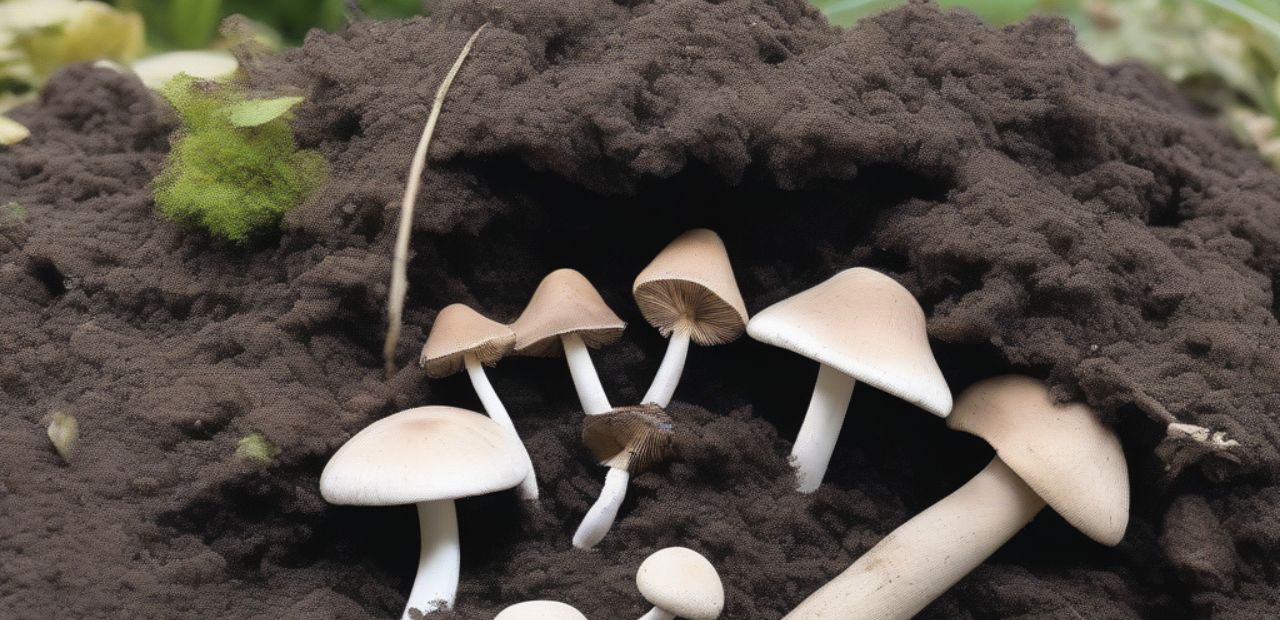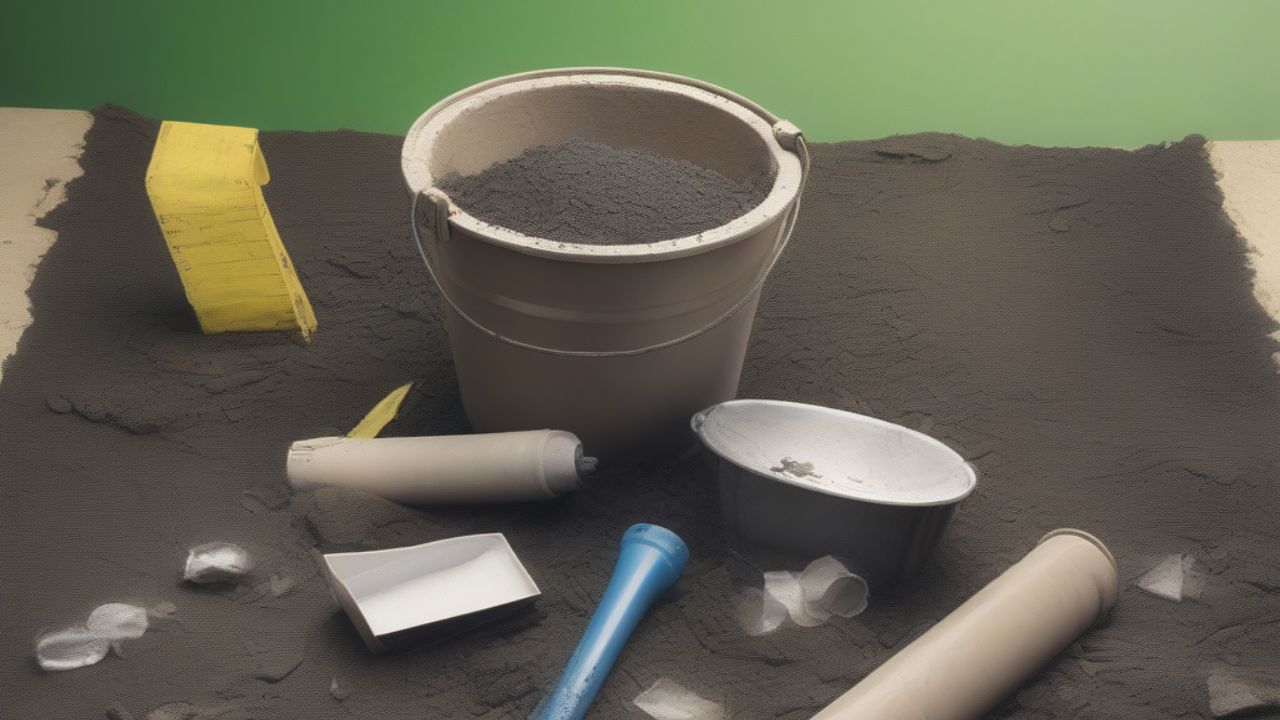How To Turn Mushroom Blocks Into Compost
Growing mushrooms at home is fun, but there comes a tricky time when we find ourselves with exhausted blocks and don’t know what to do with them.
Don’t worry! I’ll show you how to turn those blocks into compost, an ingenious and simple solution to give them a second purpose and nourish your garden.
Contents
Why turn spent blocks into compost?
Composting blocks is a great way to reuse this material and enrich your garden soil with essential nutrients.
What elements are needed to compost the blocks?
Exhausted blocks, pruning debris (leaves and small branches), dried leaves, fruit and vegetable scraps, eggshells, used coffee and a little patience are all you need.

Transforming The Exhausted Blocks Into Compost
Preparation of the blocks
Crumble the blocks into smaller pieces to facilitate the decomposition process.
Mix with other organic materials
Combine block chips with materials such as:
Fruit and Vegetable scraps: Fruit and vegetable peels or scraps are a great nutrient-rich addition to compost. They provide moisture and nitrogen.
Eggshells: Crushed eggshells provide calcium to the compost, balancing soil nutrients.
Small Pruning Debris: Dried leaves, small branches and other pruning debris are a source of carbon that improves the structure of the compost.
Used Coffee: Used coffee grounds are rich in nitrogen, and their inclusion provides moisture and beneficial acids to the soil.
Shredded Paper or Cardboard: Shredded paper or cardboard is an excellent source of carbon and helps maintain aeration in the compost pile.
Grass Clippings: Freshly cut grass clippings provide nitrogen and moisture to the compost.
Manure: Manure, such as horse, cow or chicken manure, is a valuable source of nutrients for the soil and speeds up the composting process.

Aeration and Moisture
Be sure to keep the compost pile aerated, stirring occasionally to oxygenate it.
Maintain an adequate moisture level, similar to a damp sponge, to encourage the decomposition process.
Patience and monitoring
The process may take several weeks or even months.
It is important to check moisture and aeration periodically to ensure that composting is progressing.
Sharing compost with local garden groups
A wonderful aspect of compost is its versatility and ability to enrich diverse soils.
By joining local gardening groups, you have the opportunity to share this valuable resource with other gardening enthusiasts.
Offering your resulting compost to these groups is one way to contribute to the improvement of your garden soils by providing essential nutrients for your plants to grow.
Compost not only nourishes the soil, but also promotes sustainable practices and creates a network of sharing and collaboration within the gardening community.
Conclusion
Turning spent blocks into compost is a simple and valuable step in caring for the environment.
In addition to providing nutrients to the soil, sharing this practice with the community can foster sustainability and strengthen community ties.
Each small gesture, such as turning blocks into compost and sharing it with local garden groups, contributes to a healthier, more collaborative environment, demonstrating that small actions make a difference on our way to a greener world.

